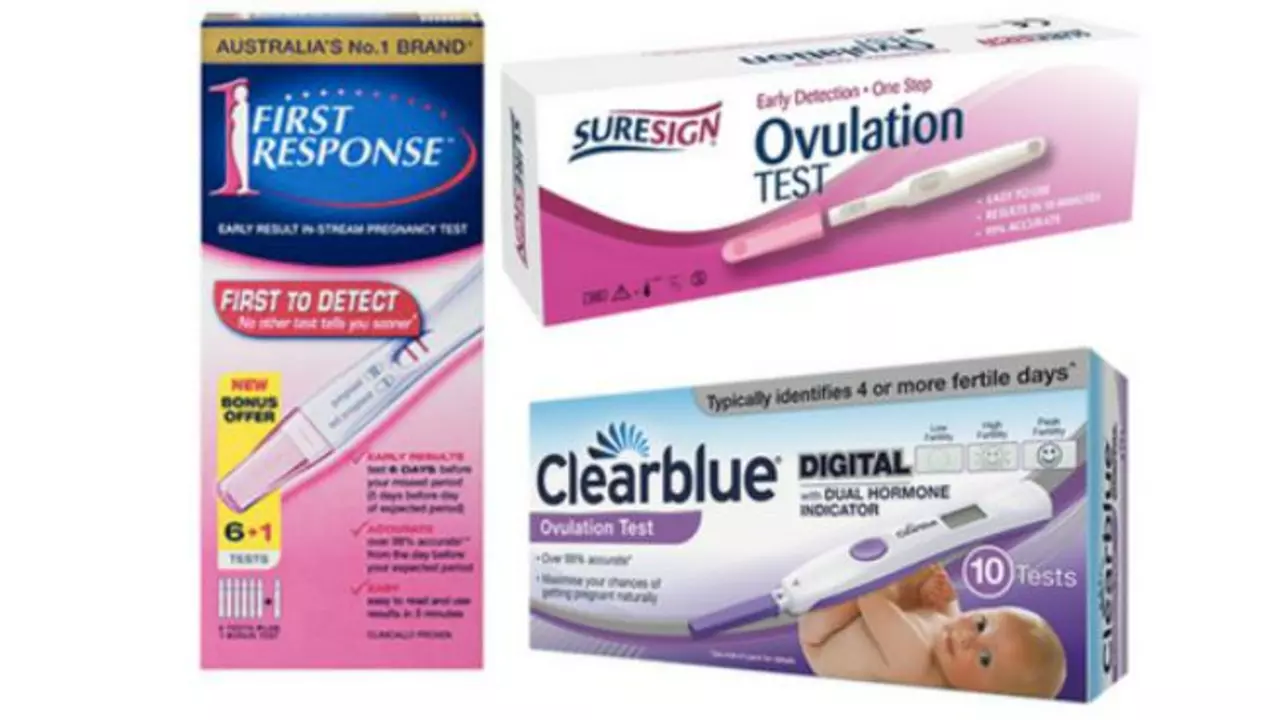Fertility Supplements: What Works, What Doesn’t, and Where to Find Affordable Picks
If you’re trying to start a family, the right supplement can feel like a game‑changer. You don’t need a pharmacy degree to know that vitamins, herbs, and minerals play a role in hormone balance and egg or sperm quality. The trick is separating useful options from hype while keeping costs low.
Common Fertility Supplements & What They Do
Folic Acid – The classic pre‑conception vitamin. It helps form healthy eggs and reduces the risk of birth defects. A daily 400‑800 µg dose is enough for most people.
CoQ10 – Think of it as a cellular battery booster. Higher levels in the body may improve egg quality, especially after age 35. Look for 200‑300 mg capsules taken with food.
DHEA – A hormone precursor that some women use to increase ovarian reserve. Studies show benefit mainly for women with low DHEA levels; a typical dose is 25 mg three times daily.
Omega‑3 Fatty Acids (EPA/DHA) – These fish‑oil fats support hormone production and reduce inflammation. A 1,000 mg daily dose can improve sperm motility and embryo implantation rates.
Maca Root – This Peruvian root is popular for boosting libido and balancing hormones. Evidence is mixed, but many users report higher energy and better mood. Stick to 1,500‑3,000 mg split across the day.
Choosing Safe & Affordable Options
First, check with your doctor or a fertility specialist. They can run blood tests to see which nutrients you actually lack. No point spending money on a supplement that won’t address a real deficiency.
When shopping online, pick pharmacies that list third‑party testing results. Look for certifications like USP or NSF – they confirm the product contains what the label says.
Bulk buying often saves cash, but only if you’re sure the brand is reputable. Compare price per gram or per capsule to avoid “big bottle” tricks that hide higher costs.
If a supplement feels pricey, search for generic versions with the same active ingredients. Many Canadian online pharmacies offer discounts for repeat orders or first‑time customers.
Finally, remember supplements aren’t magic pills. Pair them with a balanced diet, regular exercise, and stress‑management techniques. Simple changes like adding leafy greens, staying hydrated, and getting enough sleep can amplify the benefits of any supplement you choose.
Bottom line: Focus on proven nutrients—folic acid, CoQ10, omega‑3s, and DHEA (if recommended)—and buy from vetted sources that offer clear lab results. With the right combo, you’ll give your body a solid boost without breaking the bank.
Ovulation Tests and Fertility Supplements: A Winning Combination?
In my recent exploration into fertility, I've discovered that combining ovulation tests and fertility supplements might just be the key to increasing chances of conception. Ovulation tests allow us to pinpoint the precise window of fertility, increasing the odds dramatically. Fertility supplements, on the other hand, are designed to boost overall reproductive health and improve egg quality. While no solution guarantees success, this powerful duo certainly seems to be a promising way to enhance fertility. I'm eager to dive deeper into this topic and share insightful details with you all.






